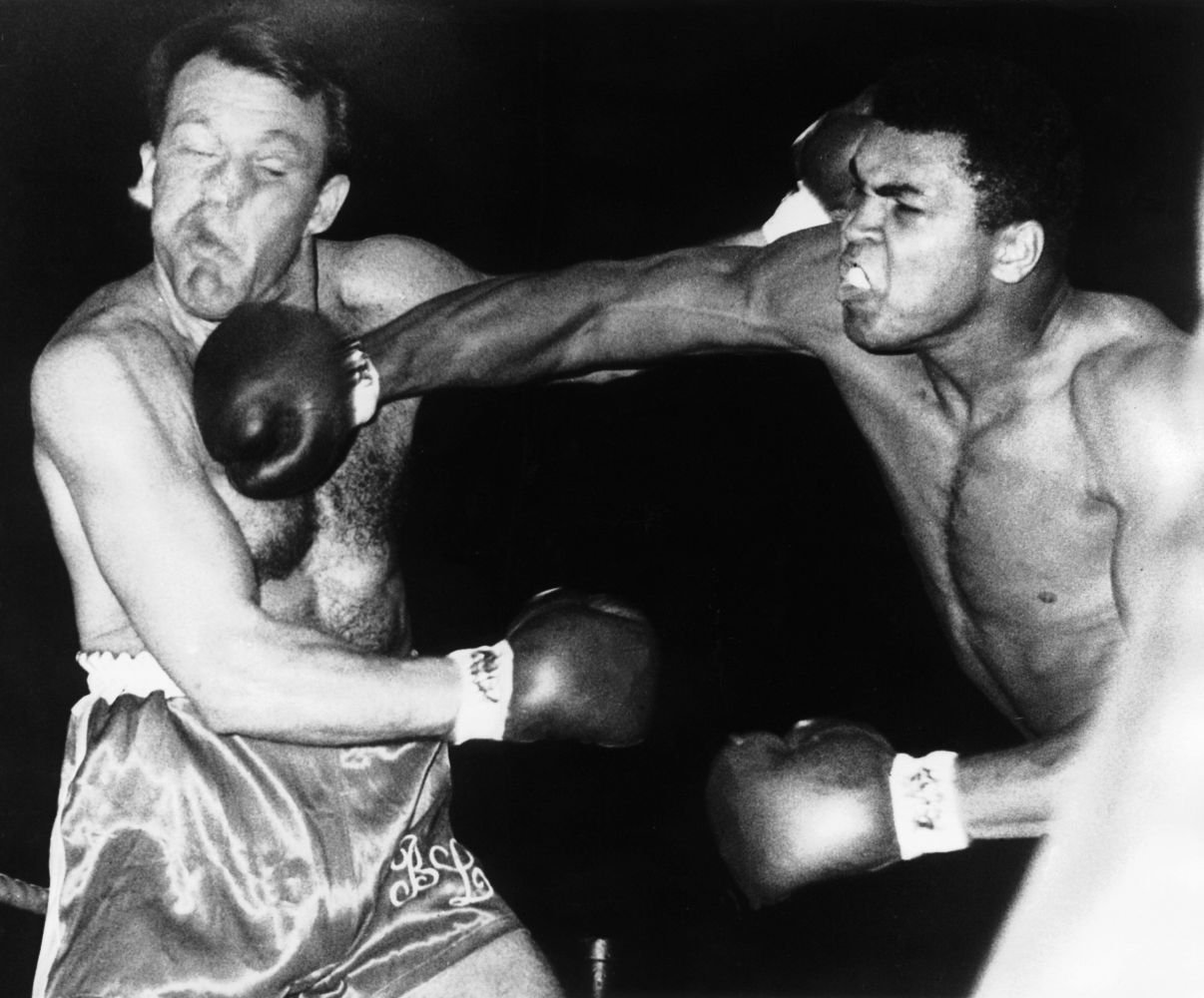18 September 2023
The phrases piss poor and not a pot to piss in date to the first half of the twentieth century and received a big boost when they entered soldier’s slang during the Second World War. They are unusual for slang terms in that some of their earliest citations are from modernist literature rather than the language of the streets.
Of the two, not a pot to piss in is the older and relies on the metaphor of a chamber pot. It is first recorded in 1934 in Djuna Barnes’s manuscript for her novel Nightwood:
My heart aches for all poor creatures putting on a dog and not a pot to piss in or a window to throw it from.
The use of piss as an intensifier is recorded a few years later, in Ezra Pound’s Cantos in the form piss-rotten. This canto (number 69) is supposedly in the voice of John Adams writing to Thomas Jefferson. It discusses the fears of an aristocracy emerging in the United States and of Alexander Hamilton’s plan for the federal government assuming the Revolutionary War debt of the states, which was a significant shift in economic power from the states to the federal government:
To T. Jefferson:
“You fear the one, I the few.”
In this matter of redeeming certificates
that were used payin' the sojers
vignette in margine
King, Sam Johnson of N. Carolina
Smith (W.) S. Carolina, Wadsworth (Jeremiah
J. Lawrence, Bingham, Carrol of Carrolton
gone piss-rotten for Hamilton
Piss-poor is a combination of the two uses, using the metaphor underlying not a pot to piss in with piss- as an intensifier. The earliest use I know of is from a diary kept by Thomas Hirst Hayes, who was held as a prisoner-of-war by the Japanese in the Philippines. His diary entry for 13 March 1943 reads, in part:
A few days ago the Nips asked for a dental officer to go to Lipa where they have a bunch of American prisoners building an air field with this whole dam [sic] bevy of panty waist dental officers here who havn’t [sic] contributed a goddam thing since the war began, they order out Bob—a man who has been through Bataan and Corregidor with us, went thru the hellish days of Cabanatuan, recently recovered from beri beri and yellow jaundice. That makes the second time they have sent our “fighting men” out to maintain their own dam lotus eating no good bastards whose prime object in this mess is to survive. Their reason this time was that Bob was the Junior. Bob like a good soldier said nothing. I was not asked anything about it, and I still maintain the Commands’ right to order as they see fit, but I insist someday in letting the world know how piss poor were some of our outfit, how useless and disgusting were our “politicians and diplomats” and “kind old gentlemen” Bob preferred to go than be classed with the “panty waists.”
Another early use if piss-poor, one that combines WWII military experience and poetic literature is in MacKinlay Kantor’s 1945 Glory for Me:
“It’s not my dish,” Fred Derry said.
“I’m much obliged to you;
You’ve certainly been decent to me—
All a guy could ask.
But—Well, I guess I know
I’m piss-poor in a job like this.
It's trivial, it’s dull:
I hate it more and more each day.
It's not your fault.
I’d rather go.
That’s it, a rather straightforward and obvious origin. But that hasn’t stopped people from wildly speculating. Of recent vintage is the belief that the phrases come from the practice of impoverished people collecting and selling their urine for use in tanning animal hides, and that those who were really, really poor, that is piss-poor, didn’t have a pot to piss in.
It is true that urine, which is acidic, was once used in tanning leather. It helped loosen tissue and hair that remained on the skins and softened the hide. Urine was also used in production of dye and of gunpowder and for other purposes. But these uses all but disappeared in the nineteenth century with the advent of modern chemistry and the ability to produce artificial substitutes cheaply and efficiently. So this old practice is not the origin of the phrase piss poor or not having a pot to piss in, which both appear long after the practice of using urine in industrial production had ended.
Sources:
Barnes, Djuna. Nightwood (1937). New York: New Directions, 2006, 106. Archive.org.
Green’s Dictionary of Slang, 2023, s.v. piss-, pfx.
Hayes, Thomas Hirst. Diary, 13 March 1943, 100–101. Archive.org.
Kantor, MacKinlay. Glory for Me. New York: Coward-McCann, 1945, 183. Archive.org.
Oxford English Dictionary, third edition, June 2006, s.v. piss-poor, adj.; December 2006, s.v. pot, n.1.
Pound, Ezra. “Canto 69” (1940) The Cantos of Ezra Pound. New York: New Directions, 1972, 407.
Image credit: Anonymous, in the school of Frans van Mieris the Elder, 1700–24. Wikimedia Commons. UK National Trust Collections ID: 1151396. Public domain image.





